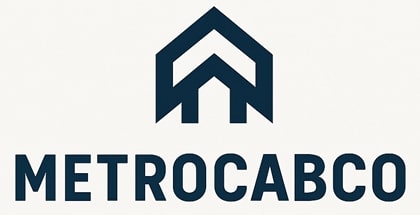How to Show Up in AI Search in 2025
If you’re not showing up in AI search, your website might not be the issue. The problem could be your visibility across the data sources that feed AI tools.
Platforms like Google, ChatGPT, Perplexity, and DuckDuckGo pull from a wide range of sources to determine which brands get surfaced. If you’re not mentioned in those places, you’re simply not part of the answer.
1. Build Brand Presence Where AI Looks
Generative search tools rely on:
Also Read
- Directories (e.g., Yelp)
- Trusted third-party sites (e.g., Crunchbase, BBB)
- Review platforms (e.g., Trustpilot, Google Reviews)
- News outlets (e.g., TechCrunch, NYTimes)
- Niche forums (e.g., Reddit, Quora)
If you’re not listed or mentioned in these sources, you’re invisible to AI.
Start with:
- Industry-specific directories
- Review platforms
- Relevant communities like Reddit and Quora
- Press mentions & guest posts
- Listicles (e.g., “Best X in [City]”)
Pro Tip: Search your target keywords in ChatGPT, Perplexity, or Gemini. Look at the citation sources—and get listed there if you’re not already.
2. Create Link-Worthy Resources
Build assets people want to link to, such as:
- Industry statistics reports
- Free calculators
- Interactive tools
- Original research or survey data
These boost your brand across multiple platforms at once.
3. Structure Your Content into Topical Clusters
Answer key questions:
- What services do you offer?
- Which locations do you serve?
- What problems do you solve?
Then build:
- Dedicated commercial landing pages
- Supporting blog articles
- Internal links to tie everything together
This reinforces your expertise—both to users and AI systems.
4. Go Multi-Channel with Video
Google favors short-form video content more than ever. Create simple, relevant clips that answer niche-related questions.
Post them on:
- TikTok
- Facebook Shorts
- YouTube Shorts
No need for polished production—just be useful and consistent. These are now powerful SEO assets.
5. Add Schema Markup—It’s No Longer Optional
Structured data helps AI and search engines understand who you are and what you do. Without it, you’re hard to categorize.
Cover essential schemas:
- Organization
- LocalBusiness
- Product / FAQ / Article
- Dataset (if applicable)
Pro Tip: Use ChatGPT to generate schema code, then validate it using Google’s Schema Validator.
In Summary: How to Win in AI Search
- Be present across all relevant data sources
- Build trust signals throughout the web
- Create content that serves both humans and machines













